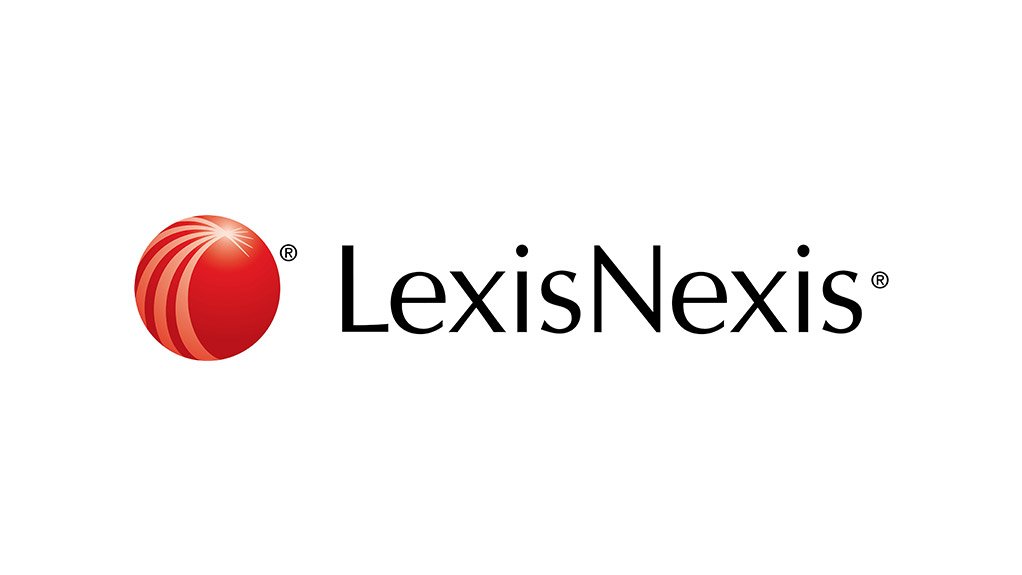The effects of COVID-19 are being felt by small and larger businesses particularly in the retail and leisure sectors, due to low consumer confidence, less disposable income and continued health concerns. With this in mind, landlords and tenants need to consider how best to decrease their risks.
Restaurants and other leisure owners are decreasing staff working hours or sending staff members home and the combined effects and measures as a result of lower turnover will leave tenants unable to make payment of their monthly rental until the virus is contained and business returns to a semblance of normality.
The legal issues
What is set out below merely constitutes an opinion which deals with the usual clauses in commercial or retail leases. It is unknown how landlords or the courts will react to any action taken by landlords and tenants and as such parties should seek legal advice.
A failure to pay full rental and operating costs on time constitutes in most cases a breach of the lease, entitling landlords to cancel the lease, claim arrear rentals and sue for damages, being the rental for the balance of the lease. In addition, most leases do not contain a force majeure clause and thus reliance thereon by a tenant is out of the question.
Tenants have an obligation to adhere to health and safety procedures or have specific obligations not to cause any harm to or expose anyone to any health and safety risks. A failure to comply with clauses of this nature, could result in a tenant being in breach of the lease, giving rise to a potential claim for damages from the landlord and even termination of the lease.
If a landlord decides to close a shopping mall or center, a tenant is unlikely have a right to claim a reduction or the right to withhold the payment of the rental, nor would the tenant have a claim for damages for loss of earnings, as most leases contain clauses limiting the landlord’s liability.
Occupation clauses are usually limited to the landlord not being able to give the tenant occupation and could not reasonably extended to closure due to the threats posed by the virus.
Where tenants decide unilaterally to close their doors, the question arises as to whether it will be treated as a breach of the lease, and whether this would have an effect of any option to renew the lease.
Suggested measures
In order to avoid the strict letter of the law being implemented by the landlord, tenants are advised to:
- Communicate with their landlord, to reach agreement that the failure to pay on time, in full or at all and /or a closure of the store (whether on the landlord’s insistence or the tenant’s unilateral decision), will not constitute a breach of the lease;
- Propose alternative measures such as a moratorium or reduction in rental for a period of 3 to 6 months; or
- Add any arrear rental to the end of the lease term (hopefully without incurring any interest); or
- have the landlord extend the lease period by the number of months during which the rent is not paid or short paid in order to recover any amounts owing to the landlord (the monthly rental for the added periods will be at the amount payable in the last month of the original period, and thus the landlord will benefit from the escalation clause in the lease; or
- negotiate for the rent to be permanently or temporarily converted to a turnover-only basis (without a base cost);
- Continue paying essential operating costs to keep the “lights on” and to provide sanitation and security services etc. unless common areas or the entire Centre or Mall are closed by the landlord;
- Check whether their insurance policy makes provision for Business Interruption and act accordingly.
Force majeure
Where a force majeure clause is included in a commercial or residential lease in terms of which certain circumstances will prevent the fulfilment of contractual obligations, these clauses may cause delay or absolve one or both parties to a contract of all or part performance of their obligations on the occurrence of certain events which are outside their control. The onus is however on the party relying on the clause to prove that the COVID-19 falls within the contract wording, and that non-performance has been a result of the outbreak.
It is evident that a number of sectors and the economy will be affected by the knock-on effect of COVID-19 to counteract this the UK and United States governments have granted mortgage holidays and propped up the economy by pouring cash into the system. If the South African government follows suite and provides banks with interest free loans, these facilities can be provided to customers including mall owners and other landlords who should then pass on the benefit to tenant’s giving them a much needed breathing space.
In summary, strategic financial planning, negotiations and consultative discussions are the only way for business owners and landlords to overcome the catastrophic effects of the virus.
For more information click here
Written by Kayla Shadiack, Senior Associate Christodoulou & Mavrikis Inc for LexisNexis South Africa.
EMAIL THIS ARTICLE SAVE THIS ARTICLE ARTICLE ENQUIRY
To subscribe email subscriptions@creamermedia.co.za or click here
To advertise email advertising@creamermedia.co.za or click here











